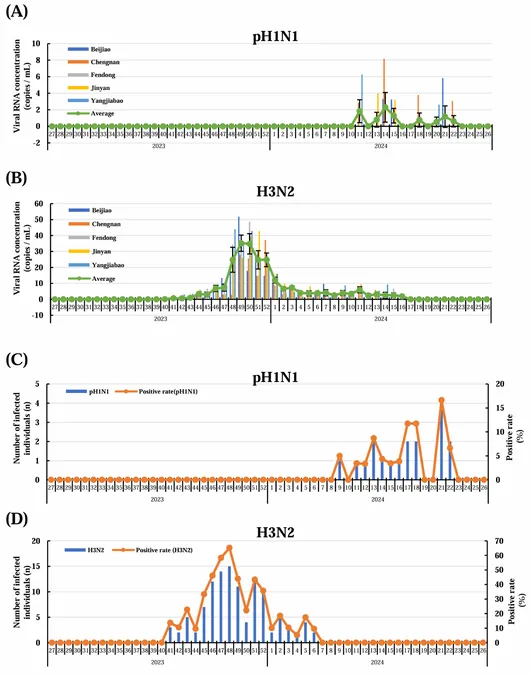
Is Google Sending a Clear Message? The Shocking Experiment of Removing EU News from Search Results!
2024-11-13
Author: Jia
Introduction
In a bold move that raises eyebrows across the digital landscape, Google has announced it will be conducting a significant experiment: the removal of news articles from EU-based publishers in its search results. This development occurs as Google grapples with an evolving relationship with publishers, regulators, and its users.
Details of the Experiment
The so-called “test” will affect a mere one percent of users in specific countries including Belgium, Croatia, Denmark, France, Greece, Italy, the Netherlands, Poland, and Spain. During this trial period, EU news articles will be absent from Google Search, Google News, and Discover, with the intention of gauging how this absence impacts overall traffic and user experience.
Motivations Behind the Experiment
Google states that the motivation behind this “time-limited” trial is to gather additional data requested by EU regulators and publishers regarding the role of news content in search results. While EU news will be temporarily removed, Google has made it clear that it will continue to display results from publishers located outside the EU during this testing phase and will reinstate EU news after the trial concludes.
Implications for EU Publishers
Though it may appear to be a small-scale experiment, the implications are substantial. By the end of this test, EU publishers will gain critical insights into how much web traffic they could potentially lose without Google as an ally. This echoes similar strategies employed by Facebook, which ultimately led to the removal of its “News” tab and the termination of payment agreements with publishers.
Google's History with Regulations
Over the years, Google has fiercely opposed regulations mandating compensation for publishers. In the EU, compliance with the European Copyright Directive has created a licensing requirement for Google to negotiate payments with many regional publishers. Earlier this year, French authorities imposed a hefty $272 million fine on Google for failing to meet its obligations under a compensation agreement with news publishers.
Previous Controversial Moves
The search giant isn’t new to controversial moves. Just recently, Google restricted access to news articles from California news outlets in response to the state's Journalism Preservation Act. This earlier action showcased Google's willingness to alter its presence based on legislations that threaten its business model. Furthermore, similar threats were made regarding local news in Canada, and Google almost withdrew its search engine from Australia under comparable laws.
Conclusion
This latest experiment in the EU might be more than merely a trial; it could serve as a precursor to more aggressive strategies in Google's interactions with news publishers and regulatory bodies. The burning question is: what does this mean for the future of news visibility in a landscape increasingly dominated by tech giants? Stay tuned as this story develops, because the ramifications could reshape how we access news worldwide!





 Brasil (PT)
Brasil (PT)
 Canada (EN)
Canada (EN)
 Chile (ES)
Chile (ES)
 España (ES)
España (ES)
 France (FR)
France (FR)
 Hong Kong (EN)
Hong Kong (EN)
 Italia (IT)
Italia (IT)
 日本 (JA)
日本 (JA)
 Magyarország (HU)
Magyarország (HU)
 Norge (NO)
Norge (NO)
 Polska (PL)
Polska (PL)
 Schweiz (DE)
Schweiz (DE)
 Singapore (EN)
Singapore (EN)
 Sverige (SV)
Sverige (SV)
 Suomi (FI)
Suomi (FI)
 Türkiye (TR)
Türkiye (TR)